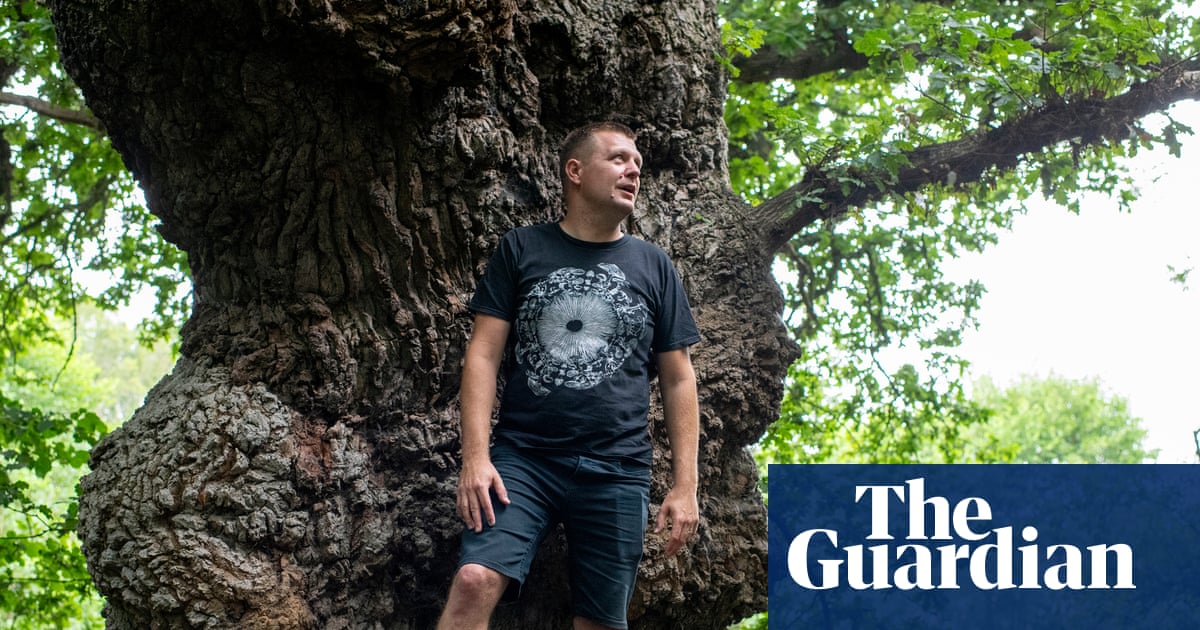
"Across Britain, 15% of people are thought to be neurodivergent, with an estimated 30% of conservation employees identifying as such. Nature offers solace for many neurodivergent individuals."
"Neurodivergent individuals often thrive on special interests, finding a unique connection to nature. These connections can foster profound engagement and contributions to conservation efforts."
"Harkness, inspired by a friend's suggestion, shifted his writing focus to highlight the importance of neurodiversity in combating the extinction crisis, advocating for greater inclusion."
"He reflects on how neurodivergent people like him have developed unique perspectives and passions in nature, often leading to a different approach in conservation than neurotypical peers."
Joe Harkness was inspired to write a book about wildlife obsessions, which transformed into a call for embracing neurodiversity in conservation. In Britain, 15% of the population is thought to be neurodivergent, and nearly 30% of conservation workers fall into this category. Harkness notes that many neurodivergent individuals find refuge in nature, motivating them to contribute to conservation. He interviews various conservationists, promoting the idea that neurodivergent perspectives lead to innovative approaches in addressing environmental challenges.
Read at www.theguardian.com
Unable to calculate read time
Collection
[
|
...
]